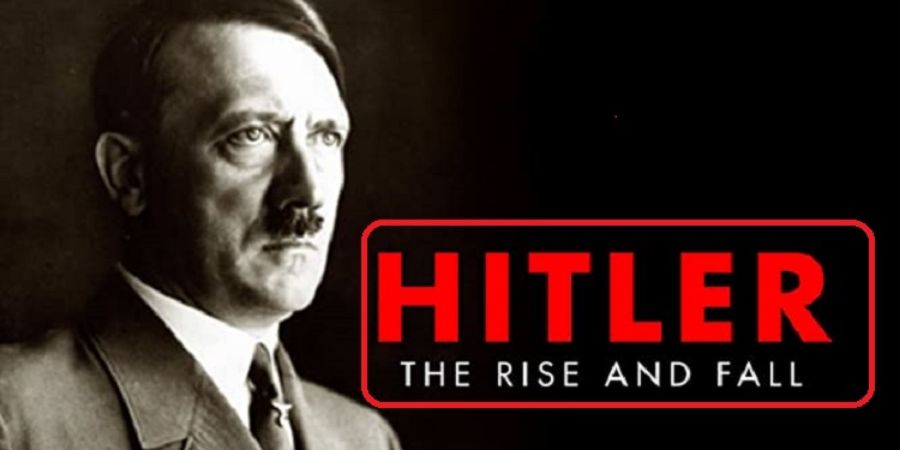

The summer season of 1940. The all-around despair in Europe bowed down to the victorious campaign. Wherever these invaders went, they would leave their victorious signs. Public buildings were covered with blood-red cloth with a swastika symbol on them.
But, what could have been done to negate such a tremendous force? In a few months, German aggression had also devastated the armies of countries like Poland and France. Resistance by the common people was futile, or rather, suicidal.
So most Europeans did not want to compete with them but tried to learn to live with them. At that moment in history, the victory of the Nazis seemed certain, some women and men had made up their minds to counter-combat. The question arises why did he do this?
The headline of this new book by Halik Kochansky revolves around this one question 'Why the protest? ’ However, he did not give a direct answer to the question of why some people chose to oppose the Nazis, while most did not. Trying to answer this question on a broader scale, she says, people chose to retaliate according to the type of attack.
Hitler expected France that when preparing for war against Britain, France should remain calm and allow the country to be plundered. For Poland to exploit the people and kill them. Why the opposition to Western Europe? ' It was a question of principles, then of survival for Eastern Europe.
On the one hand, the efforts of the opponents were being appreciated in Europe, while the decades after the war had veiled many realities. Kochansky describes activities such as industrial destruction and damage to railway lines as attempts to create disturbances, and not war-related.
'Resistance' appears to challenge the images of friend and foe in World War II. 'Who is the enemy? ' This question is bound to happen when the compliance of internal partners was often as much a problem of opposition as Germany itself. Countries such as Poland, Lithuania, Latvia, Estonia, and Czechoslovakia that became independent after World War I were now fighting for autonomy.
After 1943, another question arose who is the bigger enemy, the retreating Germans or the advancing Soviets? What was achieved by the protest? This dilemma is a serious consequence of post-war thought. In the West, the opposition was linked to independence, while in the East the situation was different with the rise of Soviet dominance over Germany.
In the words of a defeated fighter, the mist began to clear from the battlefield, then the picture became clear that we were right in the pain of national defeat. The 'Resistance' in a way pays tribute to those who stood up against German intentions and prevented them from completely taking over the peoples of Europe.
At the heart of this struggle was the desire for freedom and dignity. In the words of a Dutch boy, there comes a moment in everyone's life when he feels that he will not be able to, and the next moment he does something.




